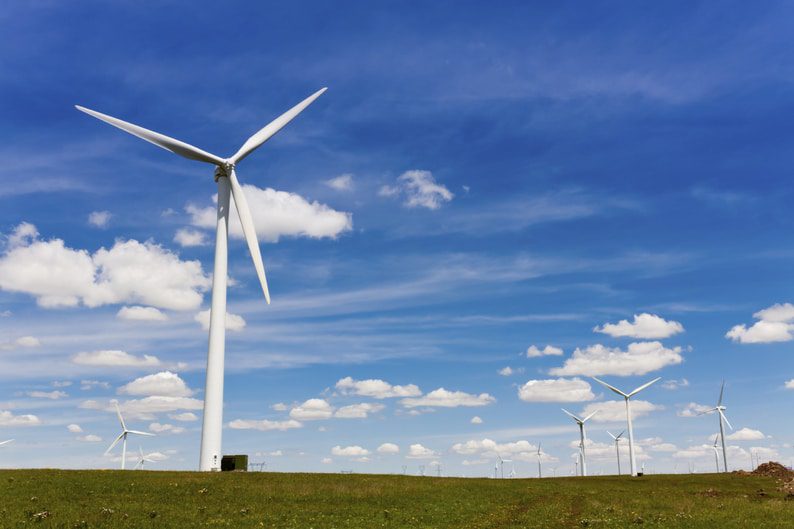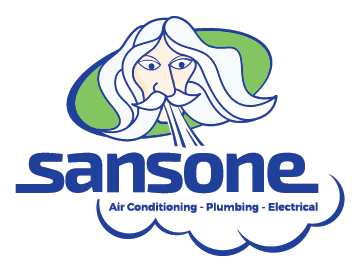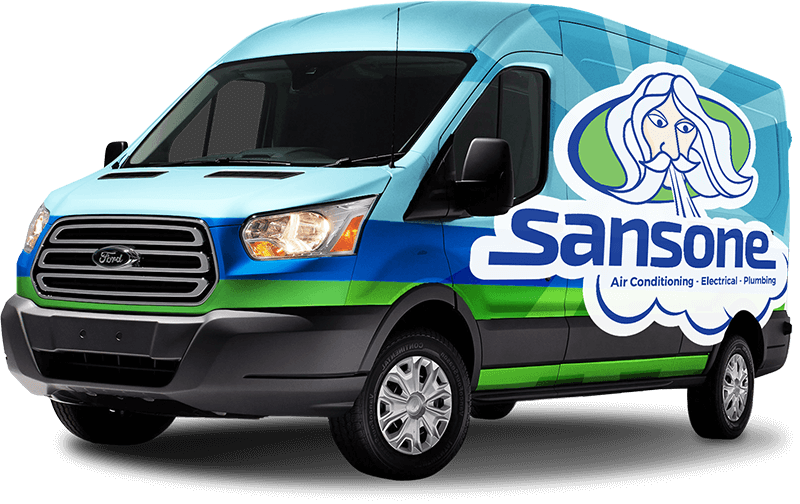
Over the last few decades, “going green” has become less of a trendy idea and more of a sensible lifestyle. There are many great reasons to lessen our footprint on the earth, from protecting endangered species and unique habitats to making sure our food is healthy for everyone to eat.
However, one of the easiest ways to be more eco-friendly is also more economical–and it all starts within our homes. Here is an energy efficiency guide to learn how you can boost your home’s energy efficiency and “green” options by taking small steps to improve your HVAC, electrical, and plumbing systems.
Air Conditioning Energy Efficiency Guide
1. Energy Efficient HVAC Systems
When did you last purchase a new AC? If it was more than six or seven years ago, you might want to take a look at your system’s SEER rating. HVAC systems with a SEER rating below 14.5 no longer meet the new energy efficiency standards required by the EPA.
Some of the best new systems nowadays can have SEER ratings between 20 and 25. Although investing in a new AC may not sound budget-friendly, over time you’ll reap the benefits of having cleaner air, better humidity control, and lower energy bills every month.
2. Ductwork
Another simple way to help lower energy costs stemming from your AC is by cleaning, insulating, and maintaining your system’s air ducts. Whether you already know it or not, air ducts often contain dust, debris, and allergens that can build up and force your air conditioner to work harder to keep clean air circulating through your home.
Consider having a thorough cleaning of your air ducts, an inspection to ensure top-quality insulation for cooling efficiency and regular maintenance with an HVAC professional.
3. Limiting Use of Your AC
This one might sound obvious, but it’s surprising how many people (especially those in South Florida) let their AC run all the time, even when they aren’t home. To cut back on cooling costs, it’s best to adjust your programmable thermostat settings to run less often when no one is home.
Another great way of limiting the use of your AC is by closing more curtains and blinds during the sunniest and hottest times of the day. This will keep the inside of your home cooler naturally (and without electricity!) so that you are using less energy and saving money on your bills.
Energy Efficiency Guide for Your Electrical System
1. Turn Everything Off Completely
One of the easiest ways to save electricity can be done with the flick of a switch. Even when electronics are set to “off,” sometimes power cords and devices continue to stay idle rather than turn off altogether. For best practice, turn off power strips and major electronics (think: TVs, computers, and the like), or consider unplugging them from the wall while they are not in use.
2. Buy ENERGY STAR Products
Did you know that ENERGY STAR-labeled electronics have the potential to lessen your electricity use by up to 75 percent? Although this option is a little expensive up front, you will save energy and money in the long run. From refrigerators and AC systems to clothes washers and dryers, there are many eco-friendly products certified by ENERGY STAR for your home.
3. Swap Out Old Light Bulbs for New Lighting Options
Another very simple option for homeowners to be more energy efficient is to replace all light fixtures with newer LED bulbs. Light Emitting Diode bulbs are extremely energy efficient in comparison to older traditional light bulbs. Not only do they typically last up to 10 times as long as compact fluorescents or incandescent, but they also use over 30% less energy to light your home!
Although new light bulbs may initially seem expensive, the benefits will quickly outweigh the disadvantages, especially when you consider how much money you can save in the long run and how eco-friendly they really are.
Plumbing Tips for Environmentally Conscious Homeowners
1. Energy Efficient Water Heaters
Even just over the last few years, water heaters have been improved to meet the energy efficiency demands of homeowners. While regular water heaters have evolved with new technologies, another exciting option for homeowners is a tankless water heater. Not only do these new tankless heaters take up less space, but they can also save you $80 on average per year and are over 20 percent more energy efficient than traditional water heaters.
2. Remove Old Faucets and Showerheads
When was the last time your faucets and showerheads were replaced? If your home is a few decades old and contains many original parts installed in the initial build, a leading cause of excess water usage and high water bills could be these small pieces in your plumbing system.
If any faucets or showerheads tend to drip water even when shut off, these should be your top priority for replacements. As a whole though, consider investing in low-flow faucets for your kitchen and bath, while also looking at efficient showerheads that provide ultimate flexibility in a variety of settings.
3. Analyze Your Outdoor Water System
With such a huge focus on lawns and landscaping in America, it’s no surprise that sprinkler systems and other outside water usage account for nearly 30 percent of the water used in the United States. Aside from cutting back on how often you water your lawn, it’s important to make sure that your irrigation system is as efficient as possible. Contact a professional to take a look at your system to check for eco-friendly settings or potential issues.
Sansone’s Eco-Friendly AC, Electrical, and Plumbing Options
From the best energy-efficient and “green” products to the highest quality customer service in South Florida, you can depend on Sansone for the ultimate homeowner’s contracting experience. We offer services and products to fit all of your HVAC, electrical, and plumbing needs. Contact us today to help you lighten your footprint and save money on your bills with eco-friendly options.
Broward: (954) 800-2858
Palm Beach: (561) 701-8274
St. Lucie: (772) 879-5656

